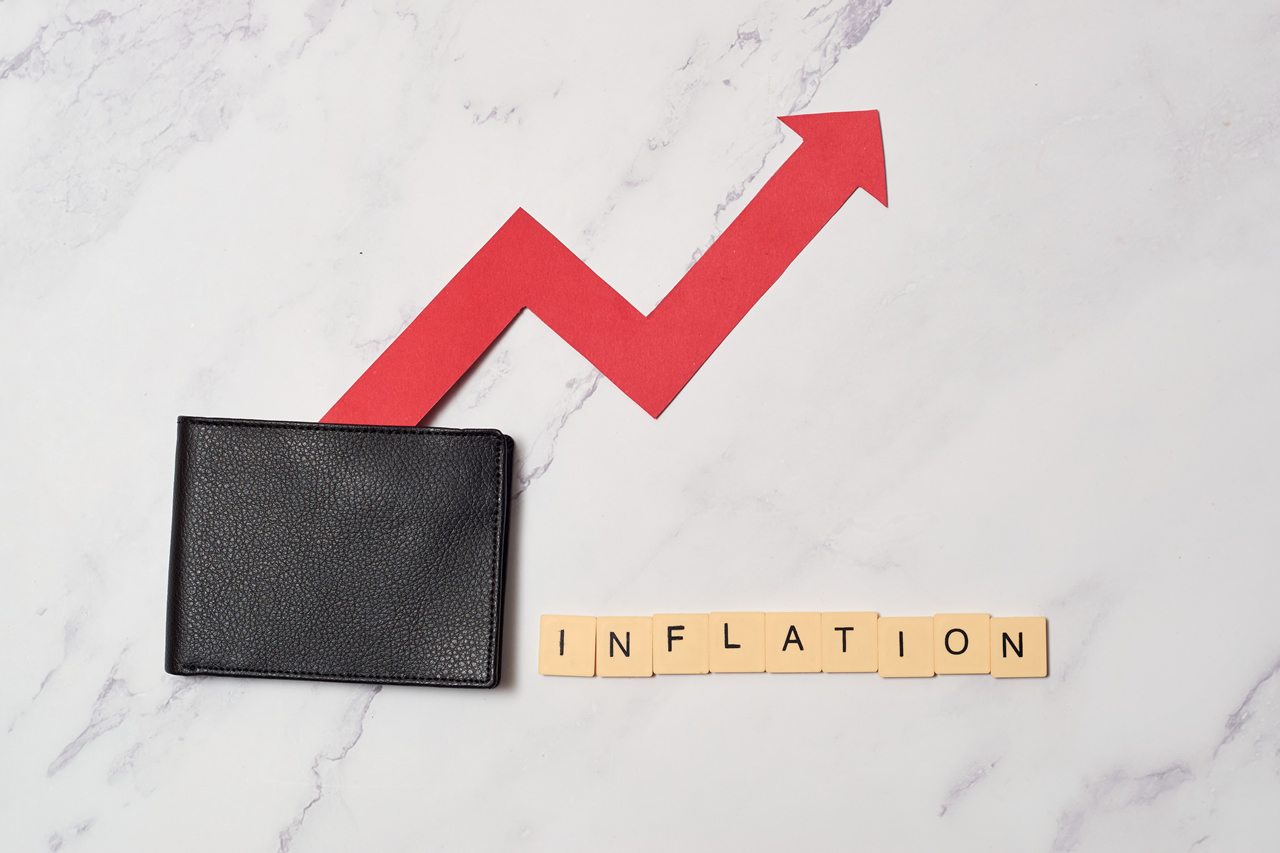Inflation is a natural part of the economy, and it can have a significant impact on your finances. To ensure your budget remains effective and aligned with your financial goals, it's essential to understand and adjust for inflation. This article will provide practical tips on how to adjust your budget to account for inflation and maintain your financial stability.
II. Understanding Inflation and Its Impact
Inflation refers to the gradual increase in prices over time. As prices rise, the purchasing power of your money decreases. This means that the same amount of money will buy you less than it did in the past. Inflation affects various aspects of your budget, including daily expenses, savings, and long-term financial goals. Understanding its impact is crucial for making necessary adjustments.
III. Signs That Your Budget Needs Adjustment
Several signs indicate that your budget needs adjustment due to inflation:
– Struggling to meet expenses with your current income
– Consistently exceeding budgeted amounts for essential items
– Increasing difficulty in reaching savings goals
– Feeling financially stretched due to rising prices
If you experience any of these signs, it's time to reevaluate and adjust your budget to accommodate inflation.
IV. Evaluating the Effects of Inflation
Take the time to assess how inflation has affected your specific expenses. Review your past spending patterns and compare them to current prices. Identify items or categories where you've seen the most significant price increases. This evaluation will help you prioritize adjustments and focus on areas where inflation has had the most impact.
V. Assessing Income and Expenses
Evaluate your current income and expenses to determine if they are keeping pace with inflation. If your income has remained stagnant while prices have risen, it's necessary to find ways to increase your earning potential or decrease your expenses. Consider opportunities for salary negotiation, seeking higher-paying job positions, or exploring alternative income streams. Additionally, evaluate your expenses and look for areas where you can reduce costs without compromising your essential needs.

VI. Adjusting Spending Categories
Based on your assessment of inflation's impact, make adjustments to your spending categories. Allocate more funds to categories where prices have significantly increased to ensure you can cover essential expenses adequately. At the same time, look for areas where you can reduce spending or find alternative, more affordable options. For example, consider shopping at discount stores, buying in bulk, or using coupons to save on everyday items.
VII. Modifying Saving and Investment Goals
Inflation affects your savings and investment goals as well. Reevaluate your targets to account for the decreased purchasing power of money over time. Adjust the amounts you contribute to savings and investment accounts to ensure they keep up with inflation and maintain their value. Consider exploring investment options that have historically provided a hedge against inflation, such as stocks, real estate, or inflation-protected bonds.
VIII. Seeking Professional Advice
If you're unsure about how to adjust your budget for inflation or need assistance in making informed financial decisions, don't hesitate to seek professional advice. Consult with a financial advisor who can provide personalized guidance based on your specific circumstances and help you navigate the challenges posed by inflation.
IX. Final Thoughts
Adjusting your budget for inflation is crucial for maintaining financial stability in an ever-changing economy. By understanding the impact of inflation, assessing your income and expenses, adjusting spending categories, modifying saving and investment goals, and seeking professional advice when needed, you can adapt your budget to effectively navigate the challenges of inflation and secure your financial future.


